Crabyon Fibre
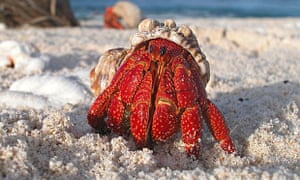

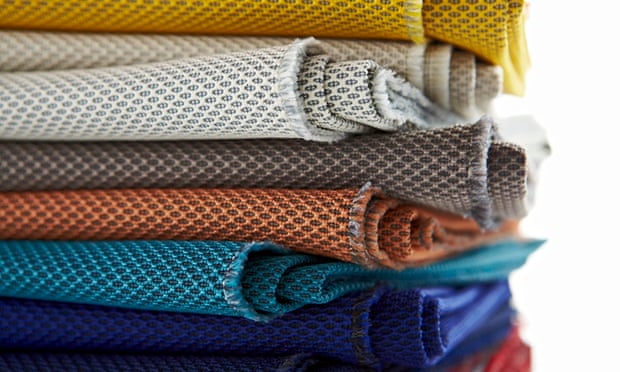

Crabyon is made by blending viscose with chitosan, a derivative of chitin. Chitin is a natural compound found in the shells of crabs and shellfish that protect them from their environment. Like cellulose from plant fibres, chitin is easy to process into textiles, because it has a soft texture and dyes easily. Crabyon® has antibacterial and odour control properties. It's sourced from the waste of crabmeat manufacturing and is fully biodegradable. The Swiss-based company, Swicofil asserts that the chitin used in the fabric has been scientifically processed, and the resulting fabric is safe and hypoallergenic for people with sensitive skin. This is good news for people with shellfish allergies. Chitosan typically makes up about 5 to 20% of final fabric blends. Chitin derivatives are also used in things like contact lens, surgical stitches and artificial skin.

Crabyon is realized with a blend of chitosan and viscose. Chitosan is a product derived from chitin, a compound of natural origin obtained from the shell of crab and shellfish. Chitin is an absolutely safe material, with a scientifically proven biocompatibility. Furthermore, chitin is used in the medical, health an pharmacological fields.
Due to the very similar structure of chitosan (chitin) to cellulose, Crabyon provides a very high textile easiness for manufacturing, an excellent dye ability with reactive and direct stuff as well as a very soft "hand". Furthermore, Crabyon also stands for inhibition of bateria's growth, high level of comfort, anallergicity and high humidity absorption.
For Crabyon, OMIKENSHI has established a commercial process to produce a chitosan (chitin) solution without using organic solvent and commercialized production of the fiber under the brand name of Crabyon by co-extuding with cellulose viscose.
But not only is Crabyon available as fibers, Swicofil has also access to Crabyon tops, Crabyon tows and Crabyon spun yarns.
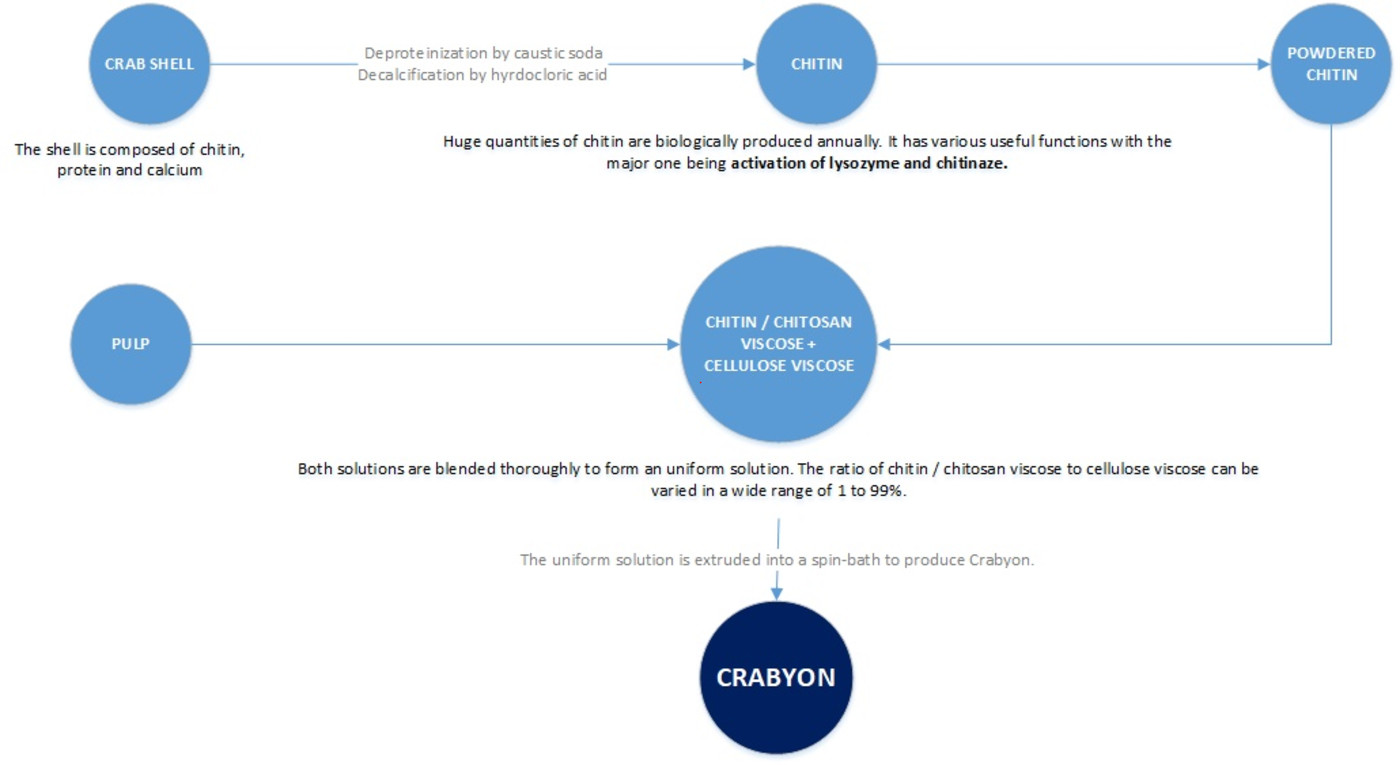
Additional to Crabyon, there are other techniques to implement chitosan (chitin) into fibers:
Crabyon (compare Fig. 2) is produced with neither technique but rather with a new, patented one. The process combines chitosan (chitin) and cellulose so uniformly that performance can not be washed out. Furthermore, the full properties of chitosan (chitin) are embedded into the viscose without weaking the fiber, therefore keeping values like a viscose fiber, such as tenacity for example.
Crabyon is realized with a blend of chitosan and viscose. Chitosan is a product derived from chitin, a compound of natural origin obtained from the shell of crab and shellfish. Chitin is an absolutely safe material, with a scientifically proven biocompatibility. Furthermore, chitin is used in the medical, health an pharmacological fields.
Due to the very similar structure of chitosan (chitin) to cellulose, Crabyon provides a very high textile easiness for manufacturing, an excellent dye ability with reactive and direct stuff as well as a very soft "hand". Furthermore, Crabyon also stands for inhibition of bateria's growth, high level of comfort, anallergicity and high humidity absorption.
For Crabyon, OMIKENSHI has established a commercial process to produce a chitosan (chitin) solution without using organic solvent and commercialized production of the fiber under the brand name of Crabyon by co-extuding with cellulose viscose.
But not only is Crabyon available as fibers, Swicofil has also access to Crabyon tops, Crabyon tows and Crabyon spun yarns.

Additional to Crabyon, there are other techniques to implement chitosan (chitin) into fibers:
- after treatment type
Chitosan (chitin) is fixed on the fabric with binder. Due to low fixation ability of the binder, the amount of chitosan (chitin) reduces as fabric is washed, leading to a lesser performance.
- mixed type (compare Fig. 1)
Chitosan (chitin) power is mixed with cellulose viscose. The more the phsysical properties of the fiber weakens during washing/wearing, the higher the percentage of powder becomes. Therefore, there is a limit of amount of chitosan (chitin) poweder that can be mixed into.
Crabyon (compare Fig. 2) is produced with neither technique but rather with a new, patented one. The process combines chitosan (chitin) and cellulose so uniformly that performance can not be washed out. Furthermore, the full properties of chitosan (chitin) are embedded into the viscose without weaking the fiber, therefore keeping values like a viscose fiber, such as tenacity for example.
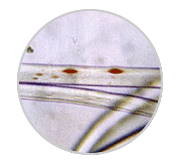
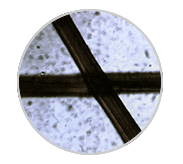
mixed type Crabyon (red dots in the picture is chitosan) (Chitosan and cellulose so uniformly mixed as to be dyed green evenly)
ADVANTAGES OF CRABYON
- totally biodegredable
Crabyon, being of natural origin, is no burden to the environment but totally biodegredable.
- effective antibaterial function for a long time
Antibacterial function stays unchanged for a long time because chitosan (chitin) is a built-in part of Crabyon.
- widely variable ratio of chitosan (chitin)
Depending on your requirements of the fiber, ratio of chitosan (chitin) can vary in the wide range of 1-99%. Blended spinning can be done with other fibers such as wool, cotton etc.
- excellent for weak & sensitive skin
Crabyon keeps skin from drying out due to its moisture keeping property, which is compared to other cellulosic fibers more than excellent. At the same time, Crabyon has a velvet touch and does not irritate the skin. Crabyon is safe and comfortable - even for people with with or sensitive skin like babies or aged people.
- similar to a rayon fiber
Physical properties of Crabyon, such as tenacity or elongation, are very similar to those of regular rayon fiber.
- excellent dyeability
Crabyon can be excellently dyed with reaction dyed as well as direct dyes. Dyed Crabyon shows excellent touch and hue.
- conserving the biosystem
Chitosan (chitin) is a natural organic resource essential to conservation of earth's biosystem. Accordingly, Crabyon has been developed with the idea of making the most use of this natural resource.
- a lot of consideration to the environment
OMIKENSHI is making the most use of crab shells, the waste from crab meat processings factories, by using it for the production of Crabyon.
PROPERTIES
The idea behind the development of Crabyon is the fact that chemical structure of chitosan (chitin) is quite similar to the one of cellulose. Crabyon, composite fiber of chitosan (chitin) and cellulose, is manufactured by uniformly blending chitosan (chitin) and cellulose viscsoe moleclues and extruding the blended viscose into the spin-bath. This process has been patented in various counties including the U.S. A. and Japan.
1.
Very strong antibacterial effect.
2.
Total biodegradability.
3.
Biocompatibility.
4.
High humidity absorption.
5.
Heavy metal absorption.
6.
Oil absorption inhibition.
| Parameter | Value | Variation |
|---|---|---|
| count (dtex) | 1.67 | ± 0.10 |
| cut length (mm) | 38 | ± 1.0 |
| tenacity (cN/tex) | 25.0 | ± 2.0 |
| elongation (%) | 20.0 | ± 2.0 |
| crimp (crimps/cm) | 5.0 | ± 1.0 |
| inital crimp (%) | 7.0 | none |
| water holding capacity | > 20 | none |
| sinking time (seconds) | < 16 | none |
| sulphated ash (%) | < 0.20 | none |
| ether soluble substances | < 0.50 | none |
| water soluble substances | 0.65 | none |
| lustring agent TiO2 (%) | none | ± 0.00 |
| pH | 5.5 | [4.5 - 7.0] |
| finish (%) | 0.30 | ± 0.10 |
| whiteness (%) | 80.0 | ± 2.0 |
| type of bleaching | H2O2 | n/a |
| type of finishing agent (EU conformity) |
FDA | n/a |
| packing (kg) | 200 | n/a |
Moisture absorption property
(at 20°C, 65 R.H.)
(at 20°C, 65 R.H.)
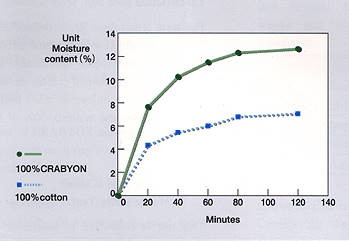
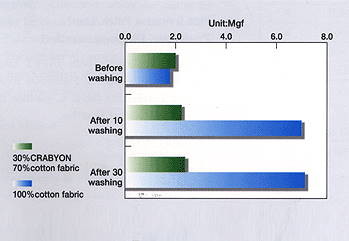
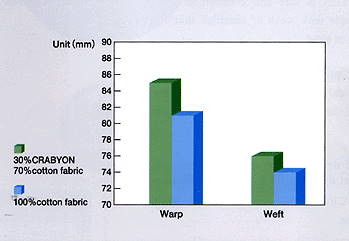
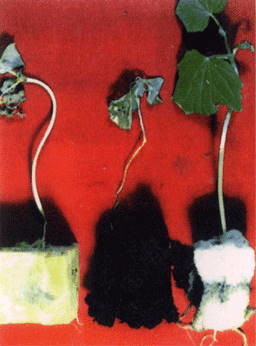
APPLICATIONS
SPORTS
- baseball (uniform, wrist band, slide pants, ...)
- warm-up suit (shirt, socks, sweater)
- suit for judo
- (tennis) socks
- baseball (uniform, wrist band, slide pants, ...)
- warm-up suit (shirt, socks, sweater)
- suit for judo
- (tennis) socks
UNDERWEAR
- infant
- child
- men's (briefs, trunks)
- ladies (lingerie, innerlinings for swimsuit)
- infant
- child
- men's (briefs, trunks)
- ladies (lingerie, innerlinings for swimsuit)
UNIFROMS
- school (polo shirts, gymnatic uniform)
- work life (blouse, cardigan, shirts)
- school (polo shirts, gymnatic uniform)
- work life (blouse, cardigan, shirts)
OTHER
- socks
- pajamas
- towels
- house interior
- non woven (dish towel, mask filter)
- socks
- pajamas
- towels
- house interior
- non woven (dish towel, mask filter)
No comments:
Post a Comment